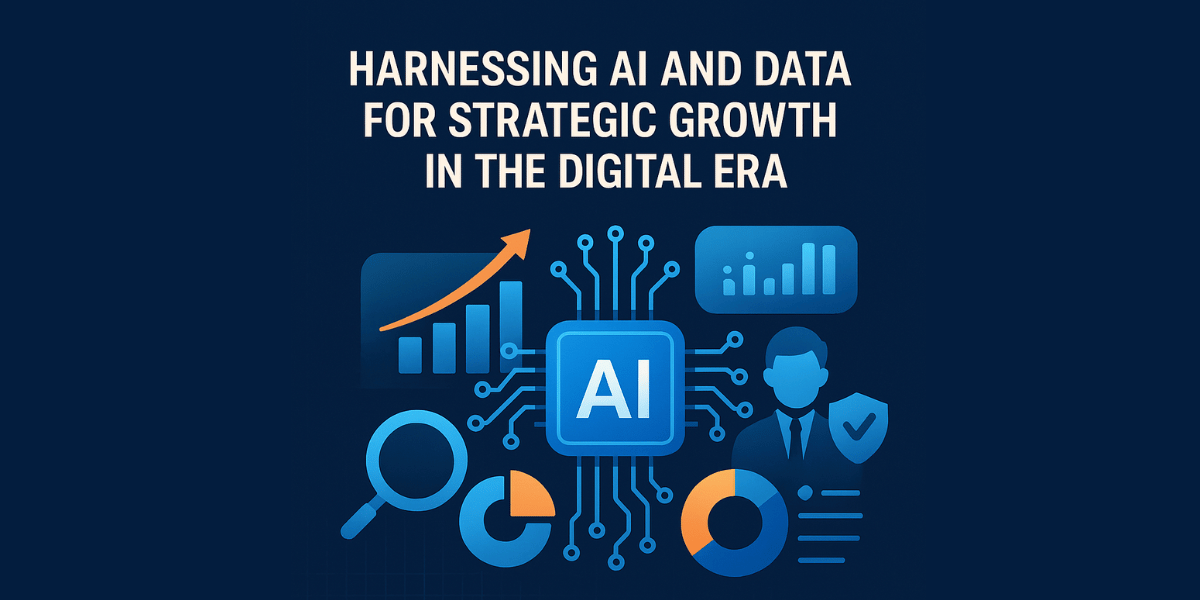In today’s fast-evolving digital landscape, data and artificial intelligence (AI) are no longer optional—they are fundamental to driving innovation, efficiency, and competitive advantage. The question for business leaders is not whether to adopt AI, but how to do so effectively.
Success in AI adoption hinges on key factors such as data quality, governance, and ethical usage. While many organizations possess the technological capability, true readiness requires aligning AI strategies with strong governance frameworks and clear accountability. Without this, AI can amplify inefficiencies rather than resolve them.
Laying the Foundation: Process Optimization Before AI
To maximize AI’s potential, businesses must first streamline their existing processes. Implementing AI without addressing inefficiencies simply accelerates mistakes. AI should be leveraged to identify bottlenecks, eliminate redundant workflows, and enhance operational agility—ultimately improving customer experience and business outcomes.
Selecting the Right Tools: A Strategic Approach
AI and data analytics tools should align with a company’s maturity and objectives. Frequent switching between tools leads to lost productivity, so organizations should prioritize extracting the full value from existing solutions while maintaining long-term adaptability. The goal is to provide employees with timely, actionable insights that enhance decision-making.
In industries such as consumer packaged goods (CPG) and manufacturing, data can be insightful or actionable—but not always both. While supply chain visibility supports long-term strategy, short-term decision-making often depends on real-time inventory movement data. The key is to focus on high-quality, controllable data that drives tangible business impact.
Defining Success: Beyond the Bottom Line
Measuring AI’s impact requires a broader perspective than just financial returns. Success should be defined before implementation, encompassing both quantifiable outcomes (Example efficiency gains, cost savings etc.) and qualitative benefits (Example improved safety, reduced risk etc.).
Additionally, AI plays a crucial role in sustainability efforts. By standardizing and analyzing sustainability data, AI accelerates decision-making, enabling organizations to meet their environmental commitments without prolonged manual effort.
AI as an Enabler, Not Just an Accelerator
Ultimately, AI and data are not just about speeding up processes—they are about making better, more informed decisions. The true value lies in leveraging these technologies to drive sustainable growth, enhance efficiency, and create long-term business impact. Organizations that adopt AI strategically, with governance and accountability at the core, will position themselves for enduring success in the digital era.


